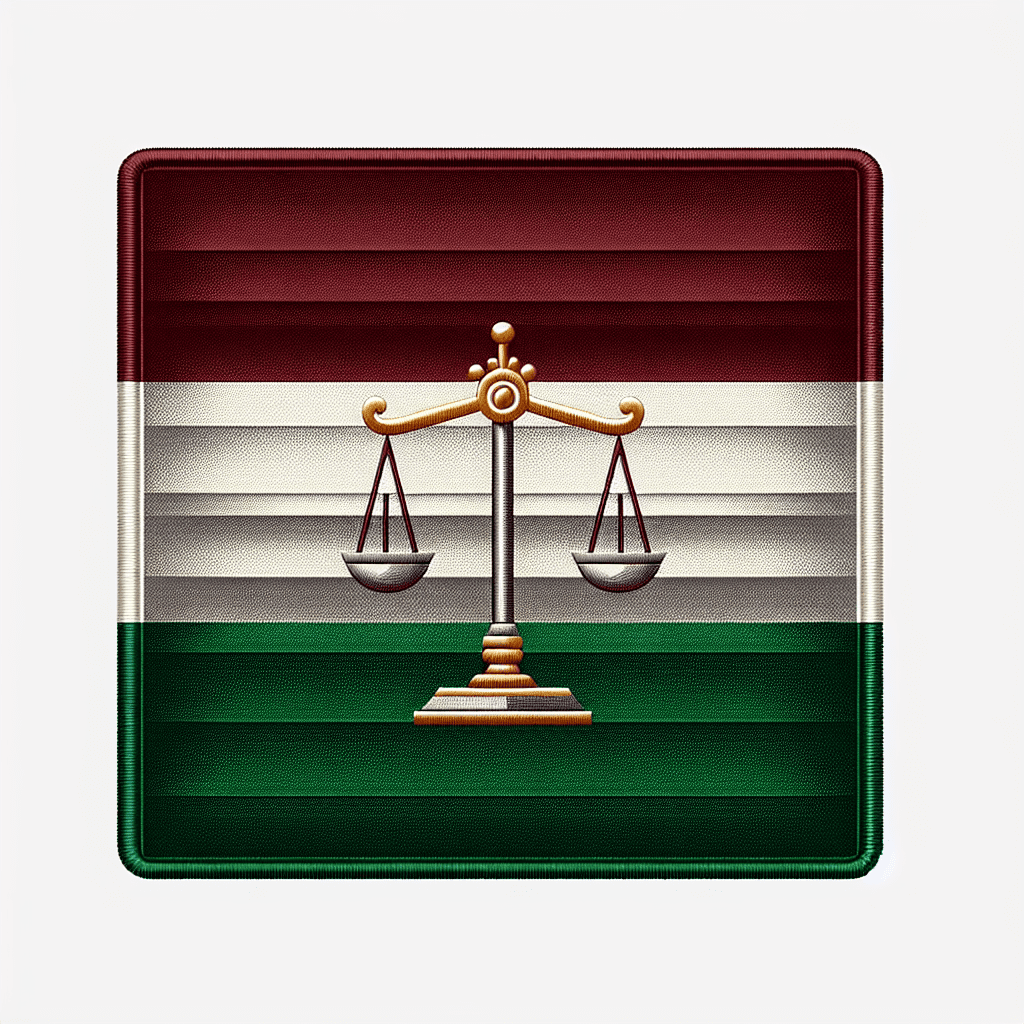Introduction
Traveling to a new country is an exciting opportunity to explore a different culture, try new cuisines, and connect with people from different walks of life. However, it is important to remember that each country has its own set of rules and cultural norms that visitors need to be aware of. By following these rules, we show respect for the local culture and ensure a smooth and enjoyable travel experience. In this article, we will explore the key elements of rules and cultural norms in Vietnam, offering practical tips for travelers who are planning a visit to this vibrant country.
Key Elements
Element 1: Dress Code and Modesty
While Vietnam is a relatively liberal country when it comes to clothing, it is still important to dress modestly, particularly when visiting religious sites or rural areas. Both men and women should avoid wearing revealing clothing, such as short shorts or tank tops, and opt for respectful attire. Wearing long pants or skirts and covering the shoulders is a good rule of thumb. Remember to remove your shoes when entering someone’s home or a temple.
Element 2: Greetings and Respect
Vietnamese culture places great importance on respect, particularly towards elders and authority figures. When greeting someone, it is customary to address them by their proper title and use both hands to offer a slight bow. Handshakes are also widely accepted among Vietnamese people, especially in formal settings. It is important to avoid public displays of affection, as it is considered inappropriate.
Element 3: Tipping and Bargaining
Unlike some Western countries, tipping is not a common practice in Vietnam. However, in the tourism industry, it has become more common to tip hotel staff, drivers, and tour guides, particularly in upscale establishments where the service is exceptional. When it comes to bargaining, it is customary to negotiate prices in markets and small shops. However, it is important to maintain a respectful and friendly attitude while doing so.
Element 4: Traffic and Transportation
Vietnam is known for its bustling streets and chaotic traffic. When crossing the road, it is important to be cautious and wait for a break in the flow of motorbikes and cars. It can be overwhelming at first, but locals are used to this style of traffic and will often navigate around pedestrians. If you’re unsure, it’s best to follow a local or use designated pedestrian crossings. Additionally, it is important to check local regulations before renting and driving motorbikes or other vehicles.
Element 5: Food and Dining Etiquette
Vietnamese cuisine is celebrated worldwide for its flavorful dishes and fresh ingredients. When dining in Vietnam, it is customary to wait for the host or eldest person at the table to start eating before you begin. Use chopsticks properly, avoiding sticking them directly into the rice bowl as this is considered bad luck. It is also polite to sample a little bit of each dish and express your appreciation for the meal.
Tips for Traveling
- Respect the Local Culture: Familiarize yourself with the customs and traditions of Vietnam before your trip. Understanding and respecting the local culture will not only enhance your travel experience but also create a positive impression on the locals.
Learn Basic Vietnamese Phrases: While English is spoken in many tourist areas, learning a few basic phrases in Vietnamese will go a long way in building rapport with the locals. Simple greetings like “hello” (xin chao) and “thank you” (cam on) can make a big difference.
Stay Hydrated and Mindful of Food Safety: Vietnam’s climate can be hot and humid, so it is important to drink plenty of water and stay hydrated. Be cautious about street food and make sure to eat from vendors who have good hygiene practices.
Plan for Visa and Documentation: Ensure that you have the necessary visa requirements and valid documents before traveling to Vietnam. It is best to check with the Vietnam embassy or consulate in your home country for the most up-to-date information.
Safety and Security: While Vietnam is generally a safe country to visit, it is always wise to take precautions. Keep your belongings secure, avoid walking alone at night in unfamiliar areas, and be cautious of scams targeting tourists.
Be Mindful of Sacred Sites: When visiting temples and pagodas, be respectful of the sacred spaces. Dress appropriately, be quiet, and follow any instructions or regulations given by the staff or locals.
Disclaimer: This blog post aims to provide valuable insights on the rules and cultural norms in Vietnam based on general knowledge. It is important to note that rules and norms may vary depending on the specific location within the country. It is always advisable to consult with official government websites or seek professional advice before traveling to Vietnam to ensure compliance with the most accurate and up-to-date information.


